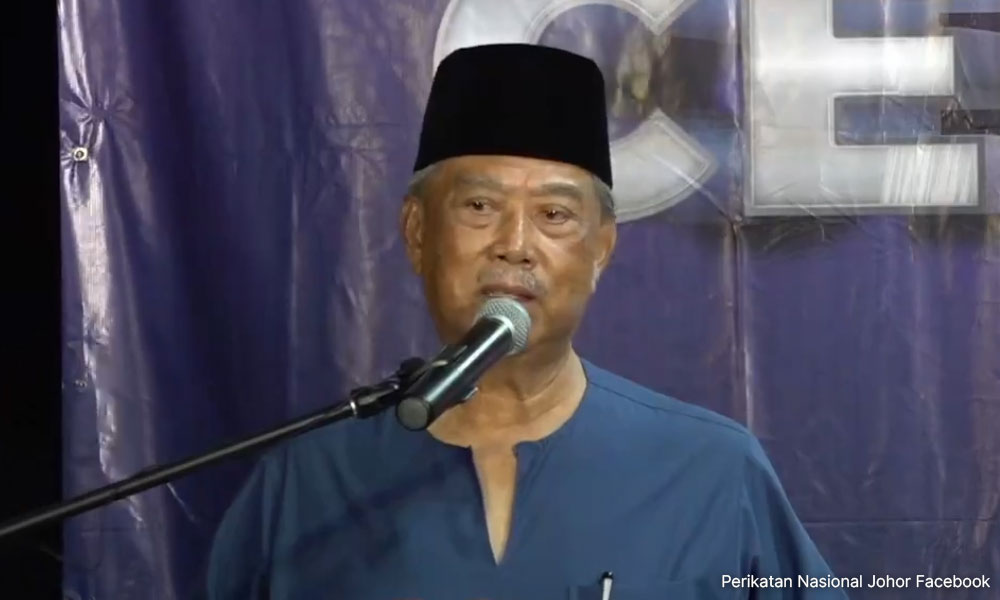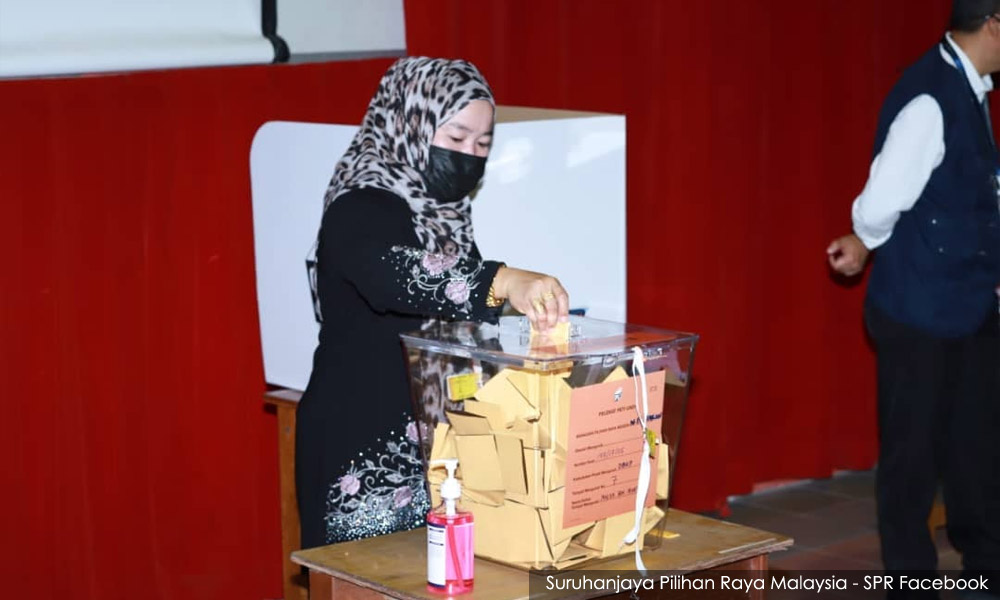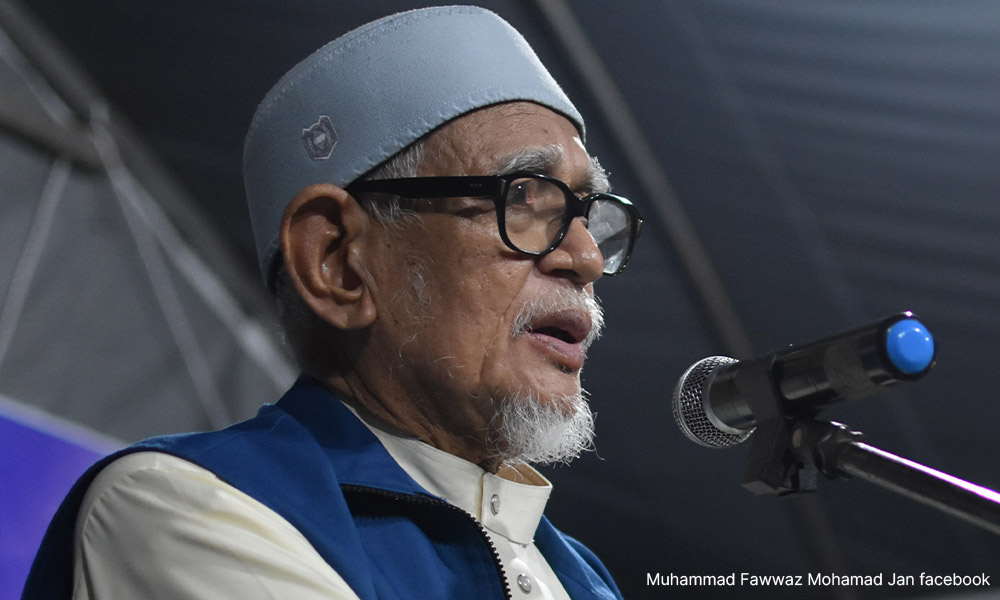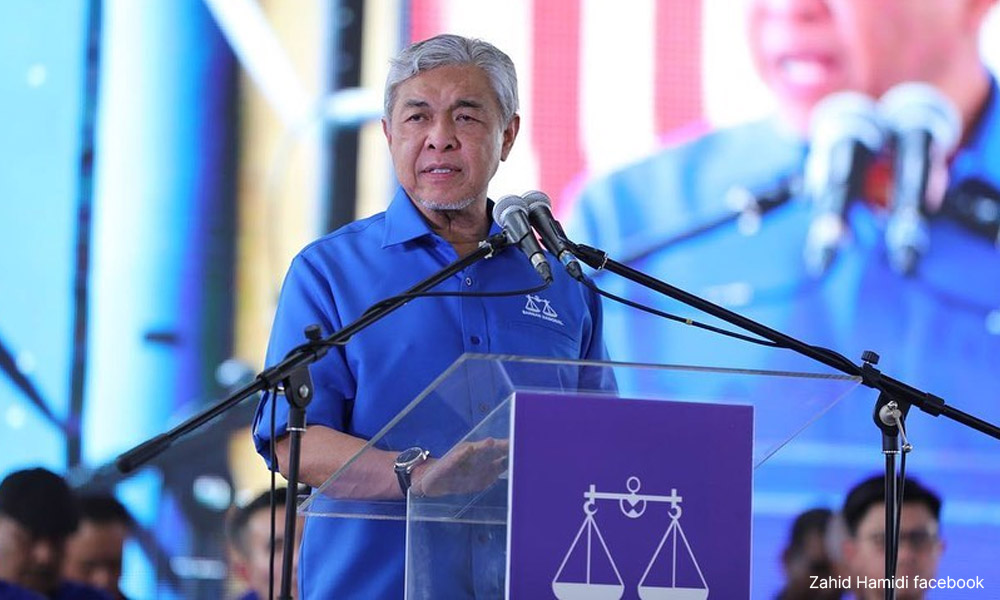GE15 | From north to south in Peninsular Malaysia, things are not looking good for BN.
While the ruling coalition is expected to make some gains in this 15th general election, compared to the 2018 polls, it may not be enough for it to form the government on its own.
This is because Pakatan Harapan and Perikatan Nasional are seen as set to carve up large swathes of the peninsula between them.
Harapan appears set to retain its dominance in its strongholds in the Klang Valley and Penang - while maintaining the gains it made in Johor and Negeri Sembilan.
Expectations are also high for Harapan to win back Perak and a majority of this state’s parliamentary seats.
As for PN, the Bersatu and the PAS-led coalition are seen as being on track to conquer most of Kelantan and Terengganu.
Harapan and PN also appear poised to divide Kedah between them, while Perlis might see each coalition getting one parliamentary seat each.
Even Pahang may see some BN seats flipped.
For PN, the combination of PAS and Bersatu will give the coalition an advantage in seats where PAS is the dominant opposition party while Bersatu chips away at BN’s Malay vote bank.
The coalition is positioning itself as an alternative to BN for Malays who want a clean government and are unwilling to vote for Harapan because of DAP.

PN has also engaged in rhetoric aimed at driving conservative voters away from Harapan, with the most recent being PN chief Muhyiddin Yassin accusing Harapan of being an agent of Jews and Christians who were out to colonise Malaysia.
However, if PN eats into BN’s votes, this could work to Harapan’s advantage in mixed and urban seats, as well as in seats where Malays make up less than 65 percent of the electorate - where split Malay votes will allow Harapan to win on the back of mostly non-Malay support.
Meanwhile, there appears to be a huge upsurge in motivation to vote in GE15 compared to the Johor state election in March, where many outstation voters did not return to cast their ballots.
If this trend continues, it will likely be to Harapan’s advantage as most outstation voters live in urban areas where the coalition is influential.
Poor turnout in mixed and urban seats was a major factor in BN’s ability to win big in Johor as PN cannibalised opposition Malay support from 2018 while not enough non-Malays came out to vote in favour of Harapan.
However, one factor that may throw predictions out of the window is the flood of new voters - both those aged 18 to 20, and those older who did not register in the past but are now in the electorate.
‘Many above 20 not interested in elections’
Despite the majority view being that many of those above the age of 20 who were enrolled under the automatic voter registration (AVR) are not interested in elections, there is some indication that having the paperwork done for them - and the power of social media - will entice this demographic to try out voting at least once.
A hairdresser in her 30s, who was one of those registered under the AVR, told Malaysiakini last week that she will be voting on Nov 19.
The woman - who declined to be named - said while she had no knowledge of politics, she would be “following the waves” of sentiment on who to vote for.

If these voters do decide to take part in the election, there is no telling which way they will vote.
Unless new voters stage a huge upset in favour of Harapan, the coalition is likely to remain in the opposition, even if it wins the most seats in a hung Parliament.
This is because other coalitions and parties - including kingmaker GPS - are deeply opposed to Harapan, or they are likely not to have the numbers to secure Harapan a majority in the Dewan Rakyat.
But whether Harapan wins or falls short of forming the government - both scenarios could be bad news for BN chief Ahmad Zahid Hamidi.
Zahid and his faction in Umno had pressured an early general early election on the belief that they can replicate the results of the Malacca and Johor state elections, where poor turnout and split votes allowed BN to win with two-thirds majorities.
Forming a government with Umno’s sworn rival Bersatu is not part of the plan.
However, even this remains uncertain as both Bersatu president Muhyiddin and PAS president Abdul Hadi Awang have indicated reluctance to join hands with Umno again - or at least with those aligned to Zahid.

Hadi said it would be better for PN to remain in the opposition if it doesn’t win GE15 - although this is not a view shared by all PAS leaders.
BN is seeking to exploit this difference of opinion in PAS to drive a wedge in PN, with the hope of pulling the Islamist party away from Bersatu.
Among others, BN’s prime minister candidate Ismail Sabri Yaakob is needling PAS, saying the Islamist party should be the dominant party in PN instead of one that keeps getting reprimanded by Bersatu.
While party hopping is blocked by legislative changes, PAS has not yet amended its party rules preventing MPs from going rogue.
This is because, under the anti-hopping law, MPs will only lose their seats if they resign or join other parties, but they will keep their seats if they are sacked by their parties.
This means that, in theory, PAS MPs like Takiyuddin Hassan could remain in the party while supporting BN’s efforts to form a government.
Parties like DAP and Amanah have instituted changes where elected representatives who go against party decisions are considered to have “resigned”.
If, however, PAS’ elected representatives remain loyal to Hadi’s direction for the party - it will be all or nothing for BN.

Hadi’s faction has persistently stated that Bersatu, Umno, and PAS must all work together.
Regardless of this, many believe that any scenario in which BN gets Bersatu’s support to form a government will likely see Umno punish Zahid.
The Umno president will either be pressured to resign - or risk being ousted in his party’s leadership election, which is to be held six months after the general election.
One of Zahid’s rivals, Khairy Jamaluddin, has already revealed plans to team up with caretaker prime minister Ismail Sabri Yaakob and former Umno vice-president Hishammuddin Hussein to vie for control over Umno.
For Ismail Sabri, while he is BN’s poster boy for this election, any failure to win can be pinned on Zahid pressuring for early elections instead of waiting for polls to be held next year.
To survive, Zahid must count on BN to win at least 93 seats, while GPS retains its 19 seats or wins even more.
This would allow BN and GPS to form a government without PN - essentially going back to BN pre-2018.
UK-based Fitch Solutions reported today that BN will be the most likely winner in tomorrow’s election. - Mkini



No comments:
Post a Comment
Note: Only a member of this blog may post a comment.